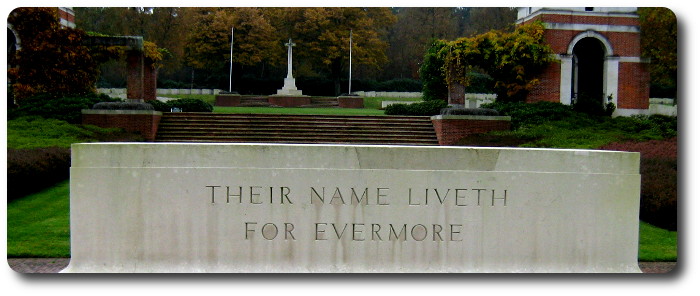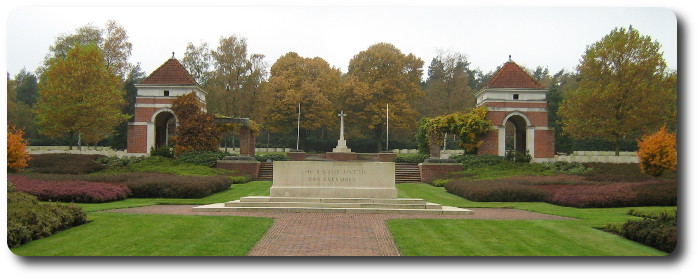Topic: Remembrance
Canada's War Dead To Rest Forever On or Near Fields Where They Fell
The Evening Citizen, Ottawa; 4 October 1945
"To give effect to even a moderate demand for repatriation would be a task of greater magnitude than in 1918; for though the numbers involved are happily fewer, the graves are far more widely scattered and shipping facilities are almost non-existent.
"On the other hand private repatriation by a few individuals who could afford the cost would be contrary to the equality of treatment which is the underlying principle of the commission's work and has appealed so strongly to the deepest sentiments of our peoples."
The Canadian dead of the Second World War will lie forever on or near the battlefields that brought them death.
Speaking for the Imperial War Graves Commission, the Department of External Affairs announced early today that no bodies would be brought home from Europe for the same reason that those of their fathers were not brought home after the war and the battles that took their lives.
The announcement, issued simultaneously in Britain and the dominions, said the decision had been made by the governments of the United Kingdom, Canada, Australia, New Zealand, South Africa, Newfoundland and India.
To explain its position, the War Graves Commission, accredited agent of all British Commonwealth governments, reiterated the policy laid down in 1918 which, as now, was issued in answer to requests from relatives wishing to bring their sons or brothers of fathers back to the soil of Canada.
Of Greater Magnitude
Said the commission:
"To give effect to even a moderate demand for repatriation would be a task of greater magnitude than in 1918; for though the numbers involved are happily fewer, the graves are far more widely scattered and shipping facilities are almost non-existent.
"On the other hand private repatriation by a few individuals who could afford the cost would be contrary to the equality of treatment which is the underlying principle of the commission's work and has appealed so strongly to the deepest sentiments of our peoples."
Therefore, repatriation would neither be undertaken nor allowed.
In the statement there was final information for relatives that their dead would sleep eternally in the earth of Sicily or Italy or France of The Netherlands. From the simple graves with the simple crosses that marked each battleground, they eventually all will be gathered into the major cemeteries that will make parts of Europe Canadian forever.
Already France has provided in perpetuity the land required for British cemeteries and by like generosities or by treaties the same will pertain in other countries where men of the Empire fell.
Gathered In
Already some of those cemeteries have gathered in Canadian dead, the first of them overlooking battlegrounds of Sicily. Another, south of Ortona, holds the dead of the Moro Valley and of other battles in Italy.
Possibly some day, somewhere in Europe, Canada will erect a single memorial to rank with that of Vimy in its excellence and in its meaning. Or possibly by some method she will add to the unscathed shaft on that immortal battleground of the First World War some mark or token that will bring it motherhood of the memory of the Second Great War.
But is anyone has thought those thoughts of decided those things they have not spoken.
Defence headquarters announced more than a year ago that all necessary steps had been taken to ensure that the land containing Canadian graves overseas would be held in perpetuity. They will remain permanent possessions of the Dominion.
Their "custodian in perpetuity" is the Imperial War Graves Commission, formed during the First Great War to operate under special powers conferred by royal charter. Its headquarters are in London and the Canadian member is Rt. Hon. Vincent Massey, high commissioner for Canada.
As a temporary measure during the war, many of the graves remained in their simplicity near the battlegrounds, the spots marked by wooden crosses with the names, the numbers and the regiments painted in black against the white of the wood.
Now the commission assumes the job of moving the bodies to the major cemeteries and erecting a standard headstone above them. Ample space is provided on the stones for a personal inscription and the engraving of a religious emblem if the next-of-kin desires. Next-of-kin will be written for such particulars.
In March, 1945, Maj.-Gen. J.H. Roberts, Canadian commander at Dieppe, was appointed chief administrative officer, central European district, with the War Graves commission.



